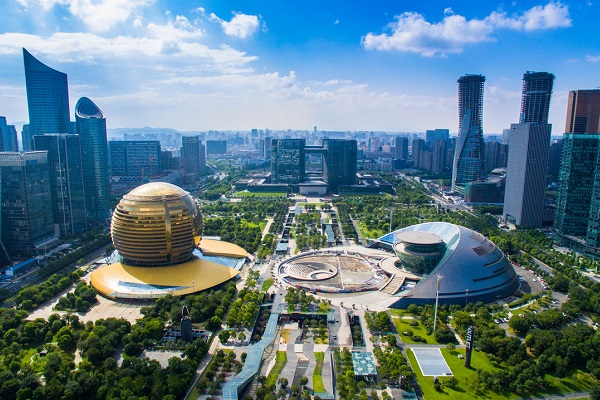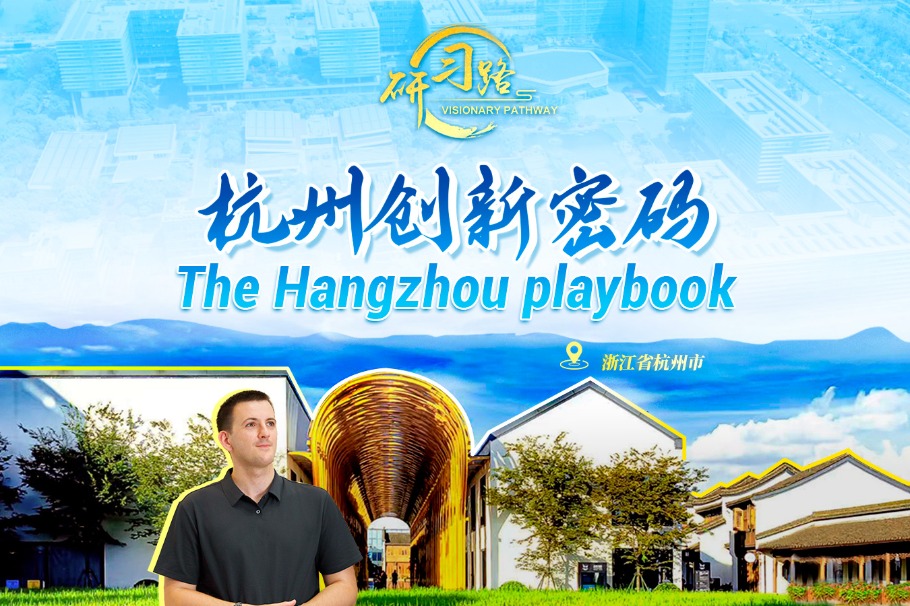Venues Ready| Exploring Hangzhou Para Games Village
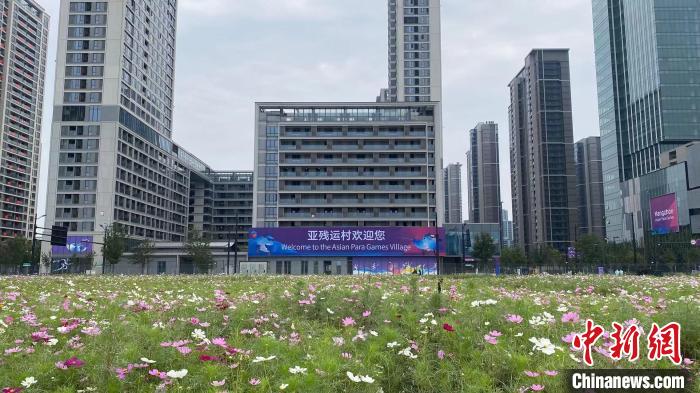
The Hangzhou Para Games Village. [Photo by Qian Chenfei/chinanews.com]
The Hangzhou Para Games Village opened today, welcoming athletes from around the continent. A group of journalists explored the village to see what's in store for the athletes.
The Hangzhou Para Games Village, transformed from the Hangzhou Asian Games Media Village and comprised of 28 residential buildings and 3,446 rooms, is set to accommodate the participating delegations.
The journalists toured the athlete grading center, fitness center, wheelchair and auxiliary equipment repair center, cultural house, and accommodation areas. What stood out was the meticulous attention to detail and the warm atmosphere pervasive throughout the village.
Unlike the Hangzhou Asian Games Village, the Hangzhou Para Games Village features two unique areas: the athlete grading center and the wheelchair and auxiliary equipment repair center.
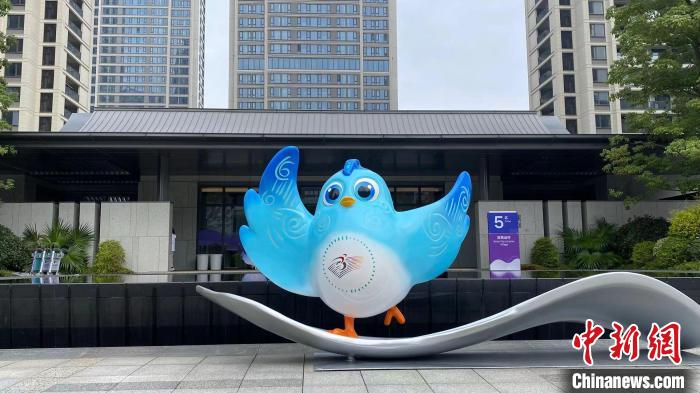
Feifei, mascot of the Para Games. [Photo by Qian Chenfei/chinanews.com]
The athlete grading process is crucial for ensuring that athletes are competing on a level playing field, as it determines the severity of their impairment. For the Para Games, athletes are divided into three categories: physical, visual, and intellectual impairments. The categories help group athletes with similar abilities, ensuring fairness.
In the grading centers, artworks of the Hangzhou Para Games mascot Feifei, matching the respective sports, are displayed in grading rooms. This not only adds an aesthetic touch but also helps put athletes at ease.
The Para Games will provide wheelchair, prosthetic limb, and orthotic device repair services for athletes, team officials, technical officials, and family members, ensuring that all participants have a smooth experience during their stay in Hangzhou.
The village is equipped with 67 experienced technicians who can provide repair services not only at the repair center but also at 10 competition venues and three mobile service vehicles.
Every aspect of accessibility has been considered within the village. Wheelchair ramps are available wherever there are elevation changes. All buildings and entry points are equipped with widened access ways. Braille buttons on elevators, accessible bathroom handrails, and tactile paving are found throughout the village.
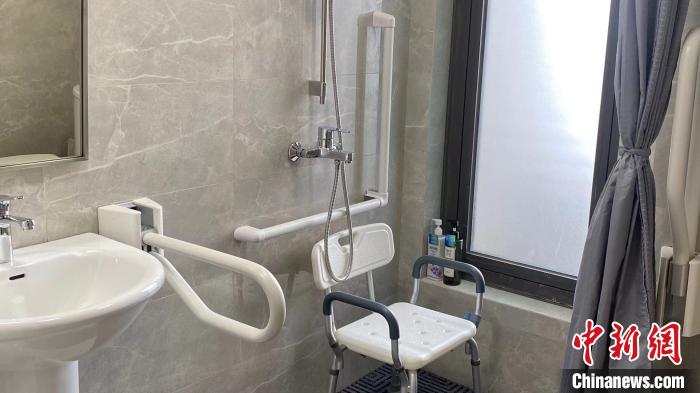
An accessible bathroom. [Photo by Qian Chenfei/chinanews.com]
Inside residential units, multiple emergency call buttons are available, along with bumpers and rounded furniture edges for safety. The accessible bathrooms are fitted with handrails and seats. The color scheme for waste bins differs from regular trash bins, adopting a blue-black combination for easier recycling, accommodating those with color vision impairment.
The village also offers a rich and diverse living experience. Alipay has set up an AIGC fun experience area, allowing athletes to generate combined photos of themselves and iconic Hangzhou landmarks.
Furthermore, the fitness center, covering an area of 600 square meters, is tailored to the training habits of Asian Para athletes and their coaches. It offers an array of training zones, including aerobic exercise, fixed strength, free weight, and multifunctional training areas, accommodating up to 60 athletes simultaneously.
In the cultural house, visitors can explore Chinese culture and artworks created by disabled artists, providing athletes with an opportunity to engage with Chinese traditional culture.
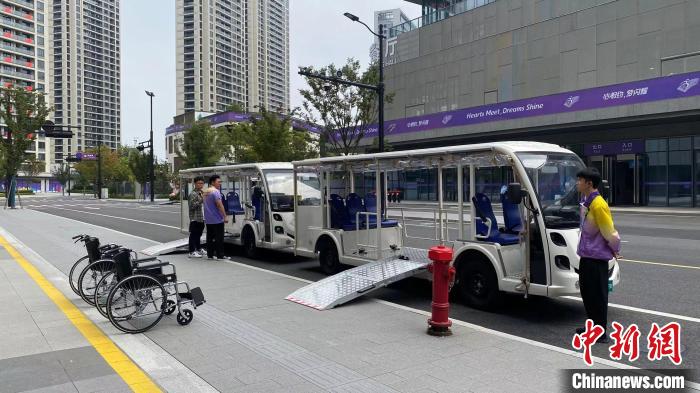
A shuttle bus with accessible facilities. [Photo by Qian Chenfei/chinanews.com]
-
Visionary Pathway - Hangzhou Playbook
July 15, 2025


